If you’re going through financial hardship or a difficult life event, it can be challenging to keep up with your car loan payments. Your vehicle is collateral, or your pledge to a lender that you’ll repay the loan. If you default on the terms of your loan agreement, the lender may choose to repossess your vehicle. They’re not required to contact you before the repossession.
If your car was recently repossessed, you may be wondering what happens next. Do you still owe the payments that you missed on your loan? Do you still owe the full balance after your car is sold?
Continue reading Do I Still Owe Money After My Car was Repossessed? →

 Vehicle repossession is inconvenient and worrisome, but it is possible to get your car back. After the repossession agent comes, the lender is to send the borrower a repossession notice, frequently called a
Vehicle repossession is inconvenient and worrisome, but it is possible to get your car back. After the repossession agent comes, the lender is to send the borrower a repossession notice, frequently called a  Sometimes things come up and you miss a payment on your auto loan. To avoid a
Sometimes things come up and you miss a payment on your auto loan. To avoid a  Shopping for a new vehicle can be overwhelming on its own without even considering the auto loan application process. But if you don’t take the time to research and compare auto loans, you may end up with a bad deal.
Shopping for a new vehicle can be overwhelming on its own without even considering the auto loan application process. But if you don’t take the time to research and compare auto loans, you may end up with a bad deal.

 Flitter Milz is a consumer protection law firm that represents victims of vehicle repossession. If a borrower defaults on a bad auto loan and the vehicle is repossessed, Flitter Milz will evaluate whether the lender violated the borrower’s consumer rights. If your vehicle has been repossessed in the past six years,
Flitter Milz is a consumer protection law firm that represents victims of vehicle repossession. If a borrower defaults on a bad auto loan and the vehicle is repossessed, Flitter Milz will evaluate whether the lender violated the borrower’s consumer rights. If your vehicle has been repossessed in the past six years,  Before applying for any new line of credit, it’s good practice to
Before applying for any new line of credit, it’s good practice to 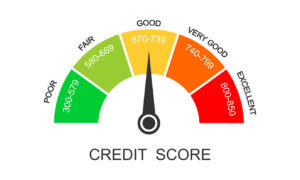 However, credit scores that fall in the non-prime (620-679) and subprime (550-619) ranges may not necessarily indicate that you aren’t eligible for a reasonable interest rate. Lenders often use different tiers according to their own business needs to assess creditworthiness.
However, credit scores that fall in the non-prime (620-679) and subprime (550-619) ranges may not necessarily indicate that you aren’t eligible for a reasonable interest rate. Lenders often use different tiers according to their own business needs to assess creditworthiness. Flitter Milz is a consumer protection law firm that pursues matters against lenders, debt collectors and the credit bureaus. If a lender wrongfully repossesses a vehicle, a debt collector is abusive or the credit bureaus report information inaccurately, the consumer may have a lawsuit to pursue. For a no cost legal evaluation,
Flitter Milz is a consumer protection law firm that pursues matters against lenders, debt collectors and the credit bureaus. If a lender wrongfully repossesses a vehicle, a debt collector is abusive or the credit bureaus report information inaccurately, the consumer may have a lawsuit to pursue. For a no cost legal evaluation, 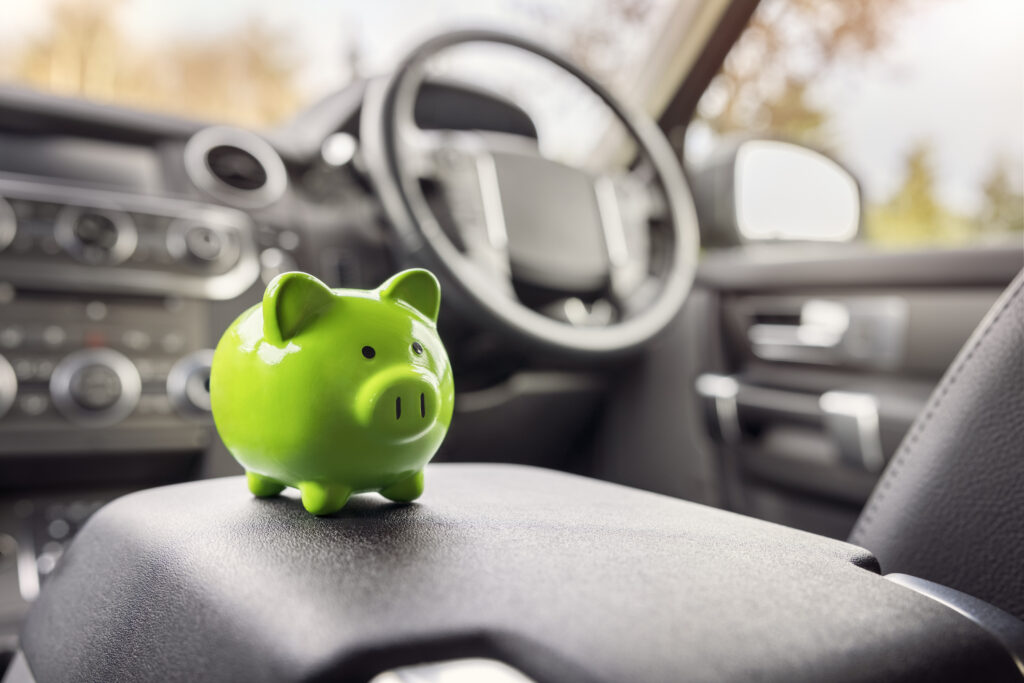
 When you need to secure a loan for the purchase of your new vehicle,
When you need to secure a loan for the purchase of your new vehicle,  Repossessing a Vehicle
Repossessing a Vehicle
 The lender will send a written
The lender will send a written 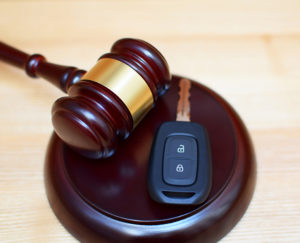 If your car, truck, motorcycle, boat, or RV has been repossessed, a qualified consumer protection attorney can evaluate whether your rights have been violated. It will be important for you to provide a copy of your signed
If your car, truck, motorcycle, boat, or RV has been repossessed, a qualified consumer protection attorney can evaluate whether your rights have been violated. It will be important for you to provide a copy of your signed  Whether you fell behind on payments or not, borrowers have legal rights when the lender or repo agent has wrongfully repossessed the vehicle. Flitter Milz is a nationally recognized consumer protection law firm that represents consumers who have had a vehicle wrongfully repossessed.
Whether you fell behind on payments or not, borrowers have legal rights when the lender or repo agent has wrongfully repossessed the vehicle. Flitter Milz is a nationally recognized consumer protection law firm that represents consumers who have had a vehicle wrongfully repossessed.  Protection from Repossession
Protection from Repossession After a vehicle has been repossessed, the lender is required to send proper notices to the borrower. Shortly after the repossession, the lender will send a letter called a Notice of Intent to Sell Property, which confirms the repossession occurred and details terms for to retrieve the vehicle. If the borrower is not able to meet the terms, the lender may choose to sell the vehicle at an auction or private sale. Once the sale has taken place, the lender will send a second letter called a Deficiency Notice, which informs the borrower of the sale price of the vehicle and any remaining balance due. If the borrower is not notified properly, there may be grounds to file a lawsuit against the lender.
After a vehicle has been repossessed, the lender is required to send proper notices to the borrower. Shortly after the repossession, the lender will send a letter called a Notice of Intent to Sell Property, which confirms the repossession occurred and details terms for to retrieve the vehicle. If the borrower is not able to meet the terms, the lender may choose to sell the vehicle at an auction or private sale. Once the sale has taken place, the lender will send a second letter called a Deficiency Notice, which informs the borrower of the sale price of the vehicle and any remaining balance due. If the borrower is not notified properly, there may be grounds to file a lawsuit against the lender.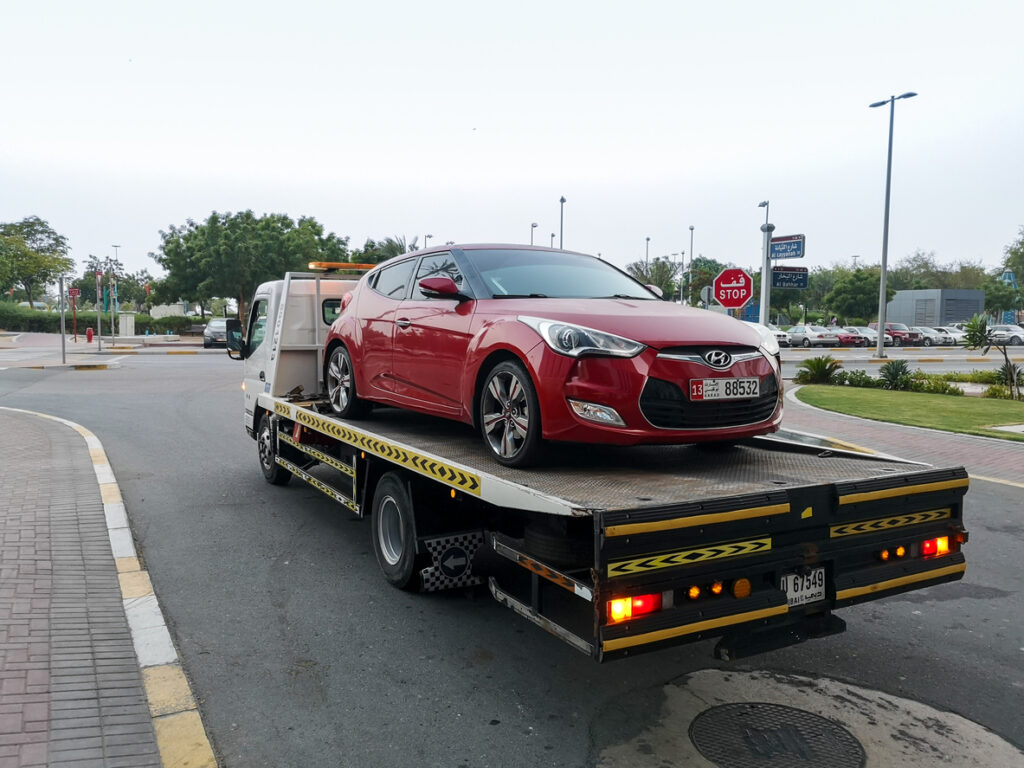
 Flitter Milz is a nationally recognized consumer protection law firm that represents victims of improper vehicle repossessions. If you think your consumer rights may have been violated by the lender or repo agent,
Flitter Milz is a nationally recognized consumer protection law firm that represents victims of improper vehicle repossessions. If you think your consumer rights may have been violated by the lender or repo agent, 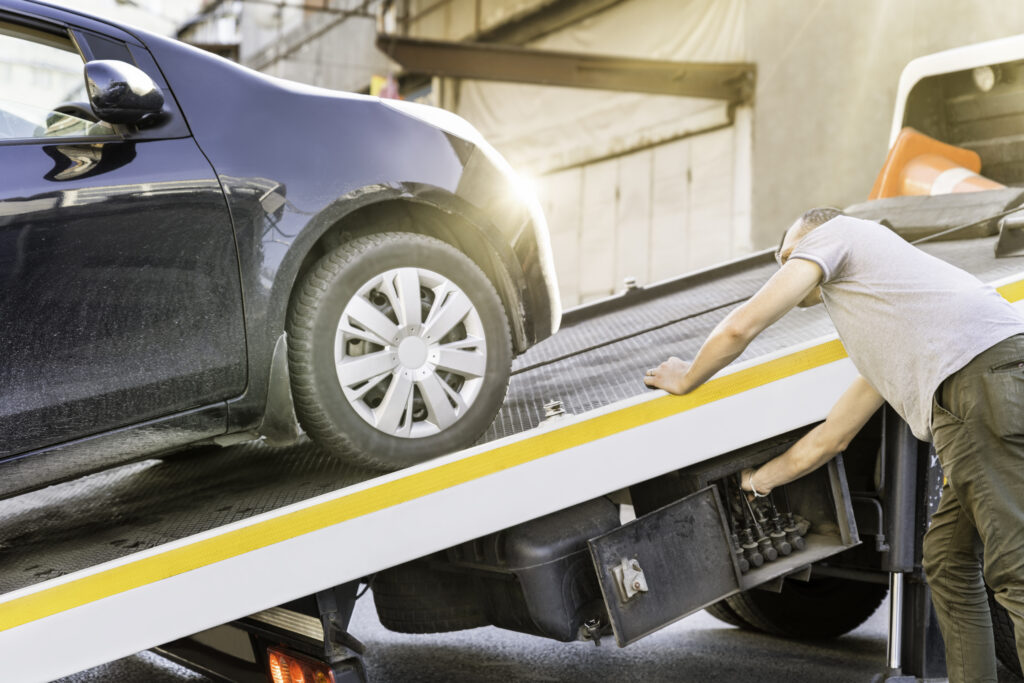 If you’re
If you’re  First and foremost, if there’s a chance that your vehicle will be repossessed, you should take the following actions in preparation:
First and foremost, if there’s a chance that your vehicle will be repossessed, you should take the following actions in preparation: Many consumers who anticipate a repossession wonder if the consequences will be less negative if they voluntarily surrender the vehicle to the lender. The only significant difference between the two is the way they appear on your credit report; a voluntary surrender will be listed as such, but the negative effect will be about the same as a repossession. It’s possible, however, that the lender will be more willing to enter a loan agreement with you in the future if you voluntarily surrender the vehicle.
Many consumers who anticipate a repossession wonder if the consequences will be less negative if they voluntarily surrender the vehicle to the lender. The only significant difference between the two is the way they appear on your credit report; a voluntary surrender will be listed as such, but the negative effect will be about the same as a repossession. It’s possible, however, that the lender will be more willing to enter a loan agreement with you in the future if you voluntarily surrender the vehicle. If you are having difficulty making payments, contact your lender as soon as possible. You may be able to avoid repossession by
If you are having difficulty making payments, contact your lender as soon as possible. You may be able to avoid repossession by  Whether you have fallen behind on your car payments or not, there are legal protections for borrowers from lenders and repo agents that wrongfully repossess vehicles.
Whether you have fallen behind on your car payments or not, there are legal protections for borrowers from lenders and repo agents that wrongfully repossess vehicles. 






